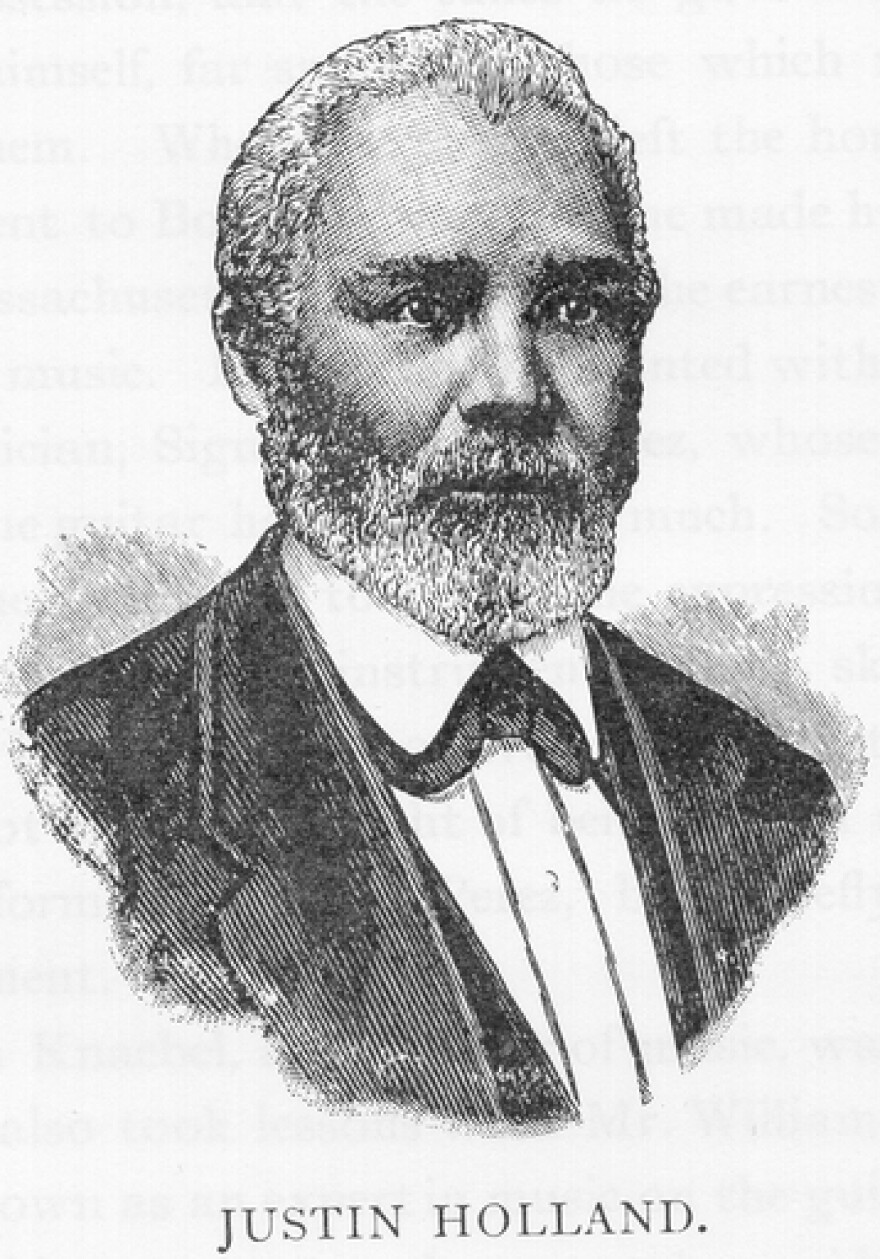There is a good chance you have never heard of Justin Holland. He might be America’s first African-American classical guitar performer, composer and arranger. Holland was born to a freeman in 1819 in Norfolk, Virginia. After his parent’s death, he moved to Massachusetts, a state more accepting of free blacks at the time. When he was 14, Holland was inspired to learn the guitar after seeing Spanish guitarist Mariano Perez perform.
Holland then moved to Ohio to study music at Oberlin College. He attended Oberlin in both 1841 and in 1845. His reputation as a composer and arranger gave him the title of Cleveland’s first African -American professional musician. In addition to his work as a musician, Holland worked with Frederick Douglas on the Underground Railroad working to free slaves from the South prior to the emancipation.
People often listened to Holland’s music without being aware of his race which in turn made him a household name. Until his death in 1887, Holland worked tirelessly as a musician and abolitionist. Of his 350 composition and arrangements, about one-third of his work survived. His arrangements include the overture to William Tell by Rossini and Carnival of Veniceby Jean-Baptiste Arban.


